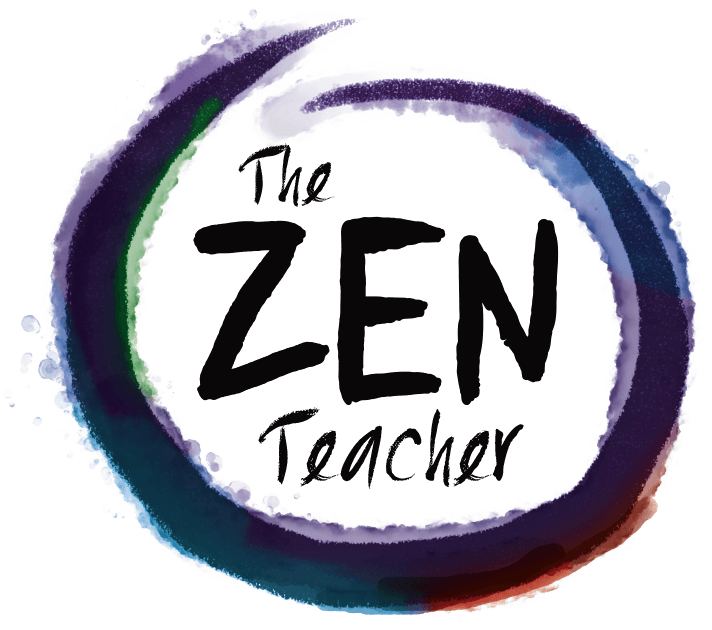And I still want those things for teachers. But I have to admit that an article I read the other day significantly altered my perception. In this article*, the writer argued that it wasn’t work/life balance that was important, but harmony.
Dictionary.com defines Harmony as “a consistent, orderly, or pleasing arrangement” and uses words like “agreement” or “accord,” and “congruity” to further explain the concept. In lay terms, Harmony is when all the parts are working together in a way that is satisfying, complete, and pleasant. In music, for example, harmony is when all of the notes of certain chords are played in way where they blend seamlessly together. In painting, harmony is created when the color palette works together and the blending is pleasing to the eye.
If I activate my sense of Beginner’s Mind and ask, “What can I learn here?” I realize that, as much as we may try to adjust the scales to create a balance, Life and The Universe often have other plans and we find that this precious balance we seek is, in reality, often quite askew**.
And what I mostly remember feeling during those times when things seem off-kilter is the frustration of not being where I wanted to be, not spending enough time in one place other the other—typically, not enough time in the “life” portion and too much time in “work,” portion. These experiences weren’t even in the same zip code as “balanced,” let alone on the same continent as harmony.
Conversely, during times when I did feel that things were operating as they should be, when I was in line with my purpose and sense of self and my life was in a sense of flow, I felt a greater sense of harmony. And experiencing a sense of harmony, I must admit, often feels better (more fulfilling, more peaceful, more pleasant) than simply experiencing a state of balance. It just feels richer and purer in some way.
As teachers, then, there are several ways to ensure that we are operating from a place of harmony–even when everything else seems out of balance.
We can:
Know our value system and act within it. Consistently acting within our value system is what is commonly known as “integrity.”
Be around people we like. If we like the company, even times where there is less balance can feel more pleasant.
Listen to our bodies. Our bodies tell us more than we think, and we listen to them LESS than we think.
Practice Self-Compassion. If we are aware of our limitations, we will experience less stress, simply because we will know when we have overextended ourselves and need to re-align our energies toward a greater sense of peace and fulfillment.
Find our Zen Practice. Developing an activity that fires up our passion and fulfills us mentally, emotionally, and spiritually will increase our sense of personal enjoyment and satisfaction which will, in turn, help us through those times when the scales are tipped. Not to put too fine a point on it, but choosing our Zen Practice should be one of the great priorities in our life.
Identify our purpose. When I was growing up, nearly all of my male relatives hated their jobs, but were locked in because of life choices they made that were, let’s say, less than mindful. I promised myself I would never do that. That’s why I became a teacher. I identified my purpose and it has always been one of the places where I have felt my greatest sense of Harmony. Even when the stress comes from wondering how I’m going to make ends meet until the end of the month, I still feel totally aligned with my purpose.
This is just a starter kit of ideas on how to create your own sense of harmony, but I assure you that when you experience harmony, you’ll have some “pretty good company.”
Creating balance is critical. But I absolutely love the idea of living our lives with a sense of harmony, where things are flowing and working—even when we aren’t always where we want to be or where we think we should be.
So please accept this post as a mini-manifesto that I will be changing not only my Zen Teacher tenet but my own personal approach from a focus on work/life balance to the pursuit of harmony, so that in those inevitable times when things are out of whack, I’m still singing in way that is pleasing to the ear. TZT
*Please don’t tell my students I didn’t cite my source. I can’t for the life of me remember where I read the article. Nevertheless, it still hit me between the eyes and I learned from it.
**That’s just a funny word.
ZEN TEACHER ACTION STEP:
If you’d like more information on achieving harmony in your life, a great article on how to do that can be found here.
